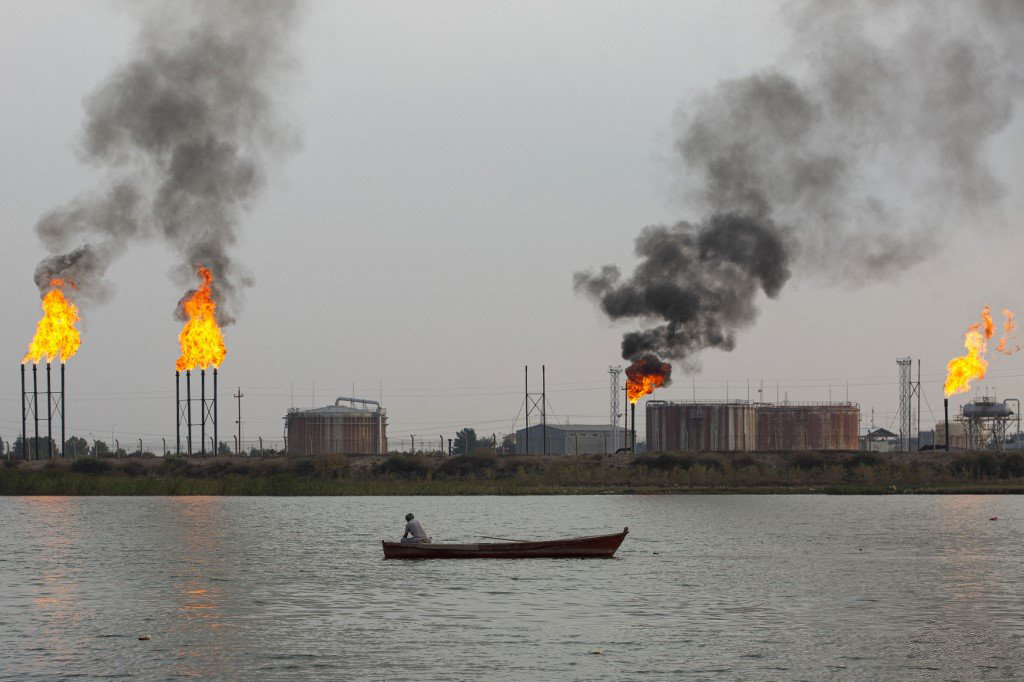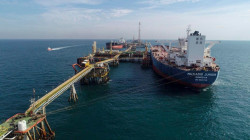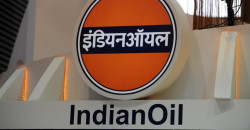India may buy more crude oil from Iraq if Red Sea crisis escalates: Official

Shafaq News/ If the Suez Canal crisis spreads, India has the option of relying more on countries like Iraq for its crude oil needs since it comes through a safer route, a senior Indian government official said. There are concerns that the flow of Russian oil from the Black Sea region may get delayed or disrupted given the recent spate of attacks.
So far Russian crude loaded at western ports for Asian buyers is being able to pass through the Red Sea, despite attacks on merchant vessels from Yemen-based Houthi rebels. Though tankers carrying Moscow’s oil are unlikely to be targeted deliberately, there are worries that they may be attacked by mistake.
For a seamless flow of crude oil, India is betting on the Strait of Hormuz, a crucial passage through which most of the commodity is exported from Saudi Arabia, Iran, the UAE, Kuwait, and Iraq, for Asian buyers, the official added.
The Strait of Hormuz, located between Oman and Iran, connects the Persian Gulf with the Gulf of Oman and the Arabian Sea. It is the world’s most important oil passage because large volumes of the commodity flows through the strait. According to the International Energy Agency (IEA), about 20 million barrels of oil, which is around 20 percent of global supply — transit each day through this strait. It is also the route for around a quarter of the global liquefied natural gas (LNG) trade.
After the outbreak of the Russia-Ukraine war, India had stepped up oil imports from Moscow since they were offering heavy discounts. Given the cheaper supply, Moscow has taken over the top spot in India’s crude oil imports, followed by Iraq and Saudi Arabia.
India’s crude imports from Russia increased around 3 percent in December 2023 from the previous month, per data from energy cargo tracker Vortexa. The jump comes after a month-on-month decline in supply from Moscow in October and November. The decline in inbound shipments were seen amid narrowing discounts on Russian oil and payment issues faced by refiners as cost of the oil surpasses the price cap imposed by the G7 nations.
Meanwhile, the traditional crude oil suppliers — Iraq and Saudi Arabia — provided 1 million and 65,000 barrels per day (bpd) of crude, respectively, to India in December. India’s total import of crude oil in December was 4.44 million bpd.
Oil Minister Hardeep Singh Puri told news agency Reuters in an interview recently that while he is concerned over the disruptions in the Red Sea, the minister is “cautiously optimistic” that they will be resolved.
Back in December, Emkay Global’s Lead Economist Madhavi Arora said that for India, since bulk of the crude and LNG comes through the Persian Gulf, the Red Sea issue is unlikely to hamper flows much. But Russian oil flows from the Black Sea may be affected and re-routed.
“This could also lead to a higher premium for Middle East crude. Overall, there may be some impact for crude-importing refiners (and oil marketing companies — OMCs), but an outsized impact is unlikely unless issues prolong,” Arora added.
Since the outbreak of the Israel-Hamas war in October, the Red Sea has been in the news for periodic attacks on commercial vessels by the Houthi rebels of Yemen, raising concerns about its impact on global maritime commerce. The strait is crucial for 30 percent of global container traffic and 12 percent of global trade. About 80 percent of India’s merchandise trade with Europe passes through this route.
Due to the attacks, shipping costs have risen for Indian firms as leading freight companies take the longer route around Africa to reach the west, or wait at nearby ports for safe passage through the Suez Canal.
India is the world’s third-largest importer and consumer of oil, and imports over 80 percent of its needs. The country also exports a significant amount of petroleum products to Europe, which has reportedly declined substantially in January (thus far) owing to rising tensions in the Red Sea.





